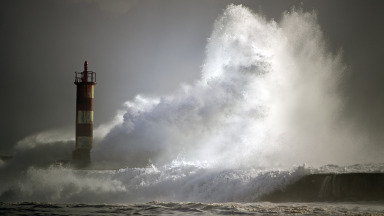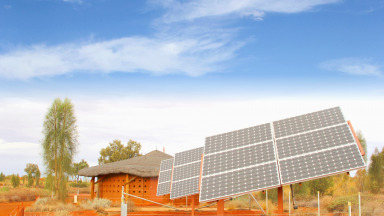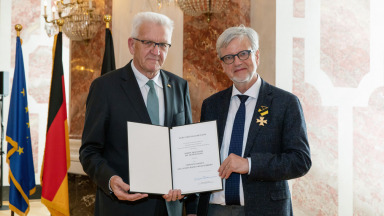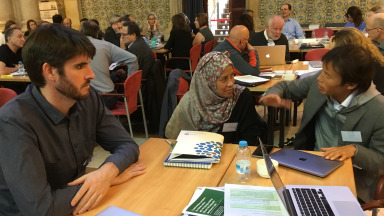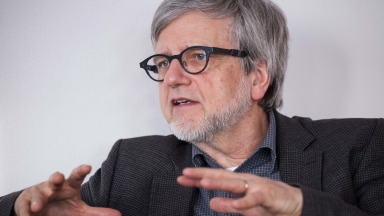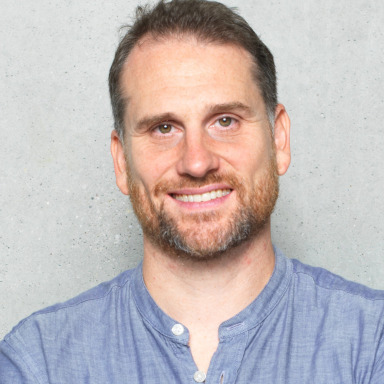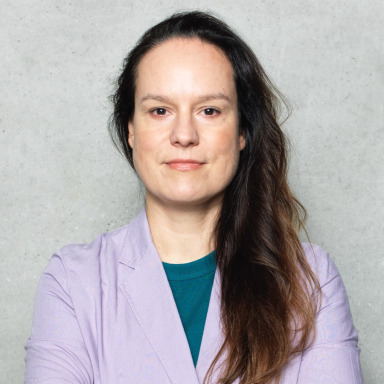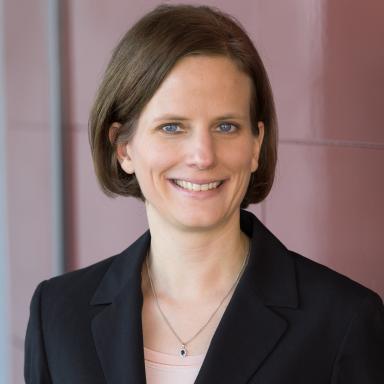 Forecasting systemic risks in financial markets, for example, is increasingly difficult in our digitalised, globalised and complex world. Research conducted in this field at the IASS will seek to develop an early warning system.
istock/xijian
Forecasting systemic risks in financial markets, for example, is increasingly difficult in our digitalised, globalised and complex world. Research conducted in this field at the IASS will seek to develop an early warning system.
istock/xijian
Headline:
Systemic Risks
The growing complexity of our world makes it increasingly difficult to forecast risks with any reliability. Systemic risks differ from conventional risks in a number of respects: they are both highly complex and intertwined with other risks, and their impacts are spread across diverse areas of public and economic life. Most notably, their impacts transcend both systemic boundaries (between scientific, political, and societal systems, for example) and national boundaries. Our research seeks to determine how systemic risks emerge and to identify early warning signs for the existence of both systemic risks and their trigger points.
Embracing innovative approaches to the study of systemic risks, the IASS research team analyses the complex interdependencies between science and society through the lenses of inter- and transdisciplinary research perspectives. These interdependencies will be examined across a variety of fields, including business, technology, the environment, and society. Within this context, researchers will seek to identify and characterise common patterns and structures across different systemic risks with a view to developing an early warning system for systemic risks over the longer term. Further research will seek to identify policy instruments and governance methods that ease the management of systemic risks.



